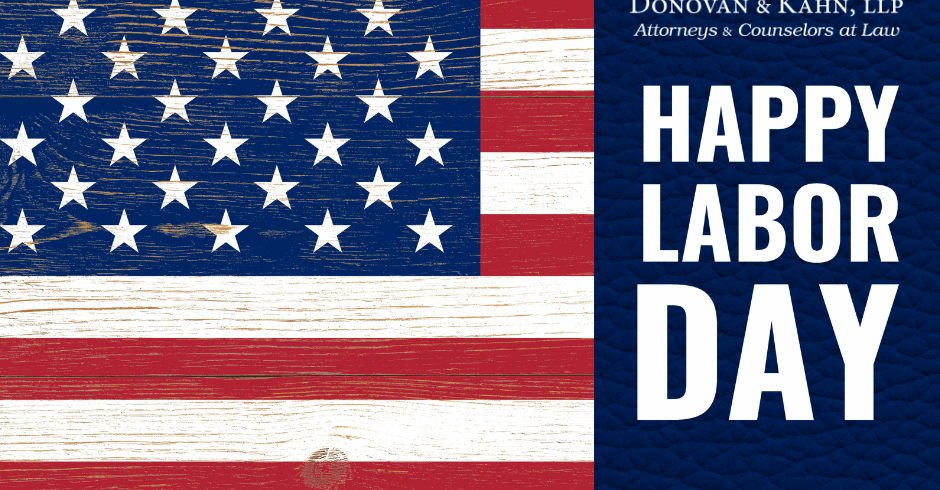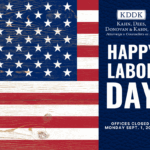[vc_row][vc_column][vc_column_text]
In January 2012, President Obama made a series of controversial appointments to the NLRB, purportedly while the Senate was in recess. Opponents to the appointments argued that the Senate was meeting on a pro forma basis at the time of the appointments and, therefore, was not technically in recess. Proponents pointed to the fact that appointments had been made under similar circumstances in the past.
Faced with questions regarding the legitimacy of actions taken by the NLRB following the controversial appointments, in January 2013, the U.S. Court of Appeals for the District of Columbia Circuit invalidated the President’s appointment of all three of the Board Members and ruled that the Board lacked quorum to act. Noel Canning v. NLRB, 705 F.3d 490 (D.C. Cir. 2013). In response, on April 25, 2013, the Obama administration petitioned the Supreme Court to review Noel Canning. To date, the Supreme Court has not decided if it will hear the case. Given these developments, employers have been left to question the extent to which the Noel Canning decision may limit the Board’s activity while these issues are resolved through the appellate process.
The NLRB’s answer? Not at all.
In Bloomingdale’s, Inc. and Fatemeh Johnmohammadi, Case No.: 31-CA-071281, the Board alleged the employer violated Section 8(a)(1) of the National Labor Relations Act. Citing Noel Canning, the employer moved to dismiss the complaint and argued that the Board did not have quorum and lacked the authority to proceed. On April 30, 2013, the Board issued its order rejecting the employer’s argument and denying its motion to dismiss. While it recognized Noel Canning held that the NLRB lacked quorum to act, the NLRB pointed to rulings issued by at least three other courts of appeals, including the Second Circuit, Ninth Circuit, and Eleventh Circuit, that conflict with the D.C. Circuit’s rationale. Noting that the issues of quorum and authority to act remain unresolved in ongoing litigation, the NLRB stated that until there is a “definitive resolution” – presumably achieved through the courts – it remains charged with fulfilling its responsibilities under the NLRA.
In other words, despite Noel Canning, it looks like the Board is taking the position that it is business as usual.
For guidance on how Noel Canning and the Bloomingdale’s decisions may impact your company, contact any member of the KDDK Labor and Employment Law Practice Team.
[/vc_column_text][/vc_column][/vc_row]






